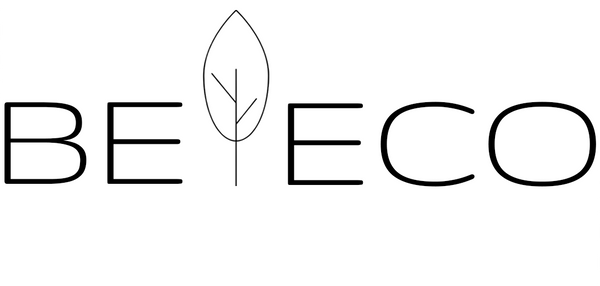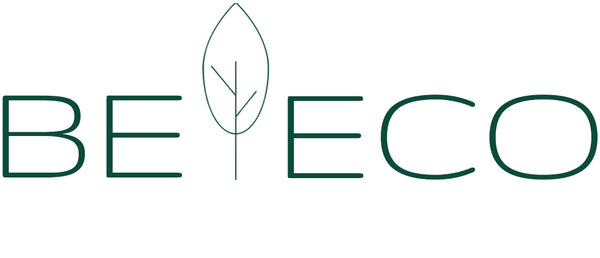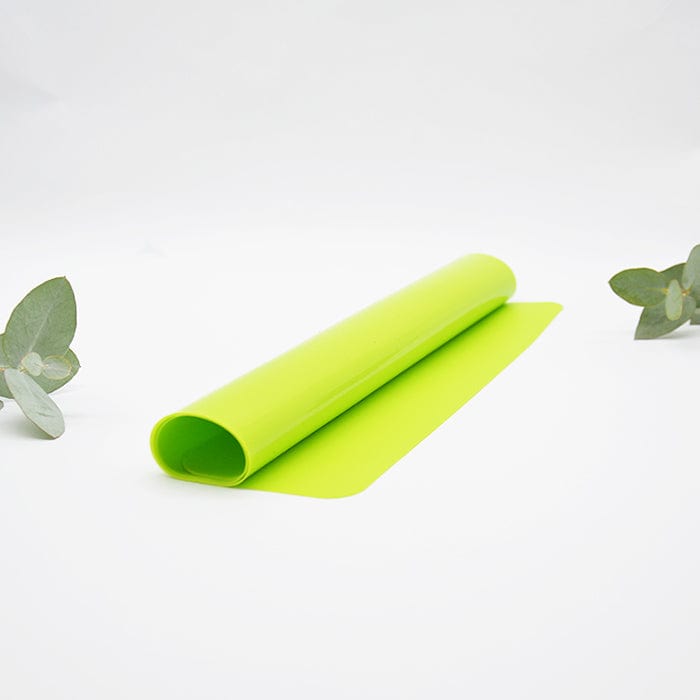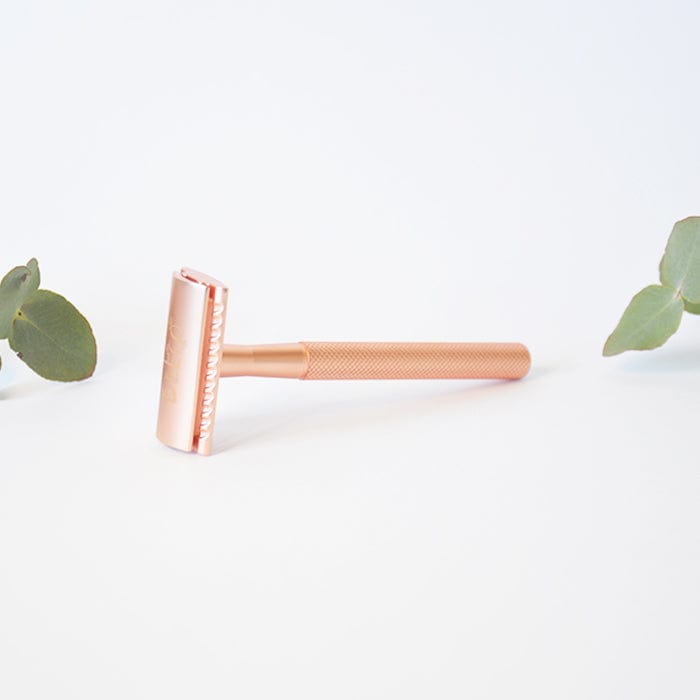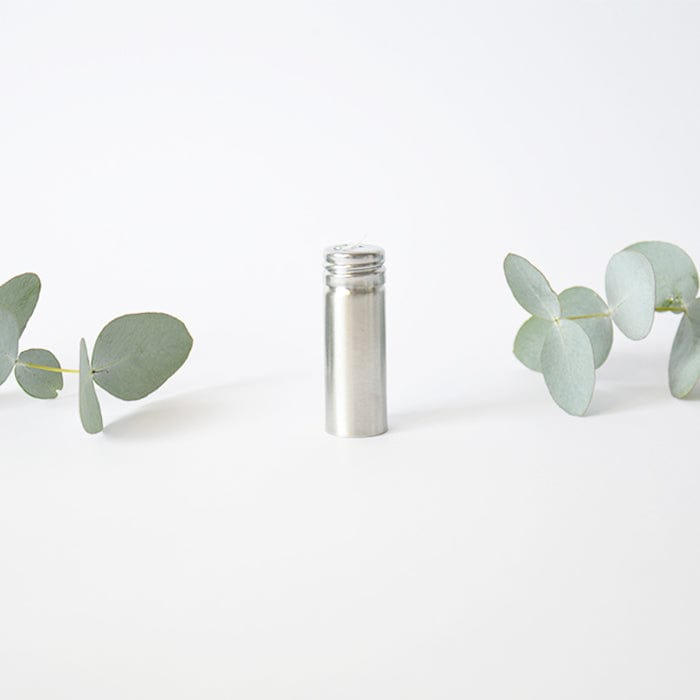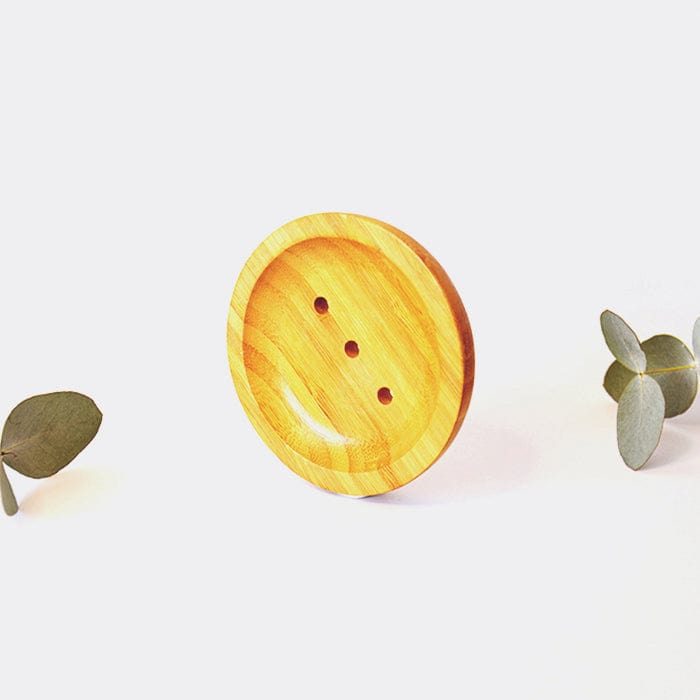Silicone Baking Mats
Filter
Sort by:
Silicone products are gaining popularity over recent years due to their durability, heat resistance and easy cleaning. Professional grade silicone has become an essential element in many industries such as medicine, aviation and manufacturing. Not surprisingly, silicone has found its way into the culinary world of baking as well.
How hot can silicone baking mats get?
Silicone has a high resistance to temperature, especially when comparted to most plastic products. Silicone is a very stable chemical structure meaning it does not leach chemicals or melt at low temperatures. The exact temperature resistance of a baking mat will depend on the quality of silicone used, they can typically withstand temperatures of up to 230 degrees Celsius or 400 Fahrenheit. Make sure you check the temperature range relevant to your household products.
How to clean silicone baking mats?
Whether you are a professional cook or a beginner, everyone wants an easy clean up. There are multiple ways for you to keep your favourite baking mat clean, here are some recommended cleaning methods to keep you mats sparkling:
1. Dishwasher
Silicone baking mats and baking moulds are top shelf dishwasher safe, making cleaning them a piece of cake. Simply lay your mat flat on the top rack of your dishwasher. A normal cycle with a natural dishwasher detergent should get the job done.
2. Hot water and soap
Another effective way to target grease and grime is soaking your mat in hot soapy water. Ensure that the water is hot and let your mat soak for 15-20 minutes. Using a sponge or dish cloth, or brush scrub away any residue. Repeat the process, as necessary.
3. Baking Soda
Everyone is familiar with the miracle that is baking soda. Baking soda is a natural cleaner that can fight the toughest spills and stains. Wet your baking mat and generously sprinkle baking soda on it. Scrub all corners and let it sit for around 20 minutes. Rinse the mat and leave to dry. You can also pair baking soda with vinegar for stubborn stains.
4. Lemon Juice
Lemon juice’s natural acidity will help you get rid of any odour and oil residue left on your silicone mats. Soak in hot water. Squeeze the juice of a lemon onto the mat and let it sit for 10 minutes. Rinse the mat and allow to dry.
Tips for beginners
For anyone using silicone mats for the first time, there are a few things to keep in mind.
- There are many kinds of silicone and not all will be suitable for high temperatures. Make sure you purchase silicone cookware that is heat resistant and has the recommended temperature range on the product.
- Never use your baking mats on a direct flame like a barbeque
- To keep your mats in a good condition wash them right after use.
- Refrain from folding your mats try to keep them flat or rolled up when not in use.
- While cleaning, avoid using steel wool, opt for a sponge, dish brush or cloth.
- Do not cut directly on your mats and keep them away from other sharp objects
Are silicone baking mats even safe?
Many concerns arise about how safe silicone kitchenware is, given that silicone is a synthetic compound. Although not enough research has been conducted, the FDA has stated that usage of food grade silicone in utensils, and other kitchen tools is safe. Silicone is widely used in the medical field for prosthetic implants and wound care. Research conducted in 2016 focusing on human reactions to medical grade silicone showed that not only is silicone non-toxic, but it also has no effect on the immune system.
Do silicone baking mats contain BPA?
Silicone is often confused as plastic as both share similar properties of flexibility and water resistance. While plastic is made from petrochemicals, silicone contains sand quartz in its core. Unlike plastic, silicone is Bisphenol-A free (BPA). BPA has been identified as a suspected cause for various health problems like cancer, hormonal imbalance, ADHD. Pure silicone products are safe to use within the recommended temperature ranges and will not leach out any harmful chemicals like BPA or microplastics into your food.
Does silicone leach into food?
If your cookware is made of pure silicone, it is highly stable and will not leach anything into your food. Silicone rubber, in general, does not react with food or beverages, or produce any hazardous fumes.
A good quality silicone mat is safer for your family and the planet.
